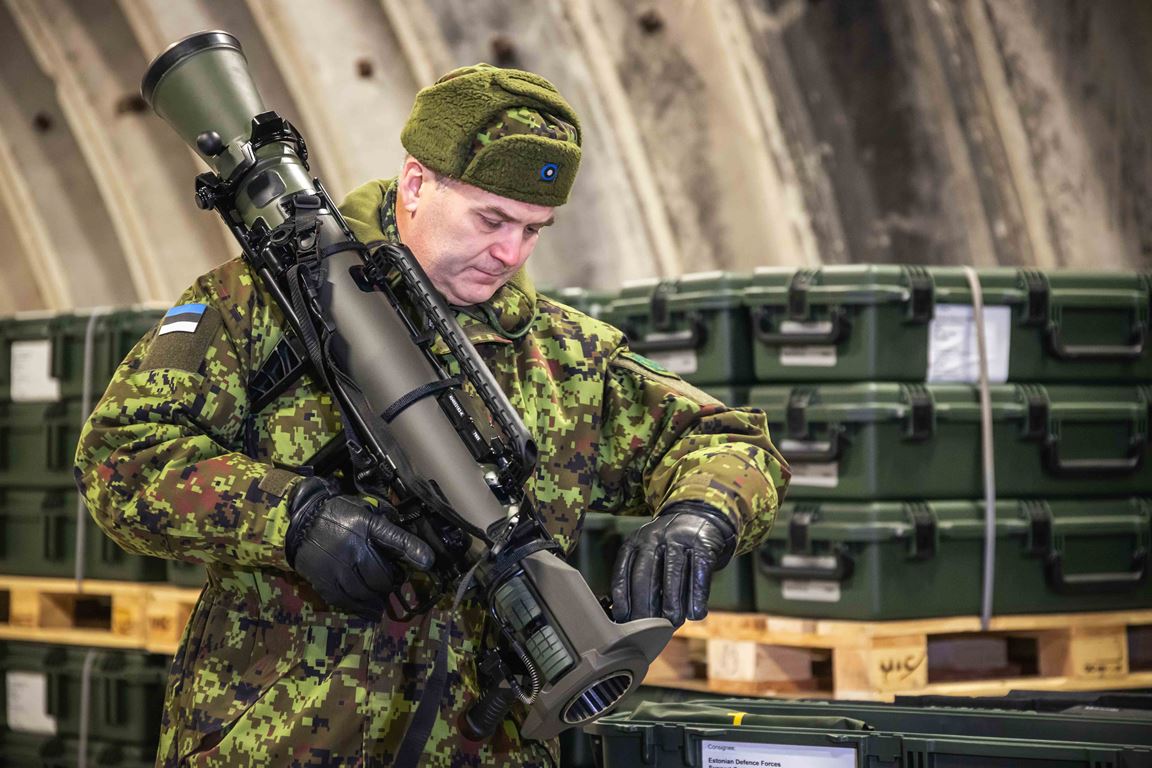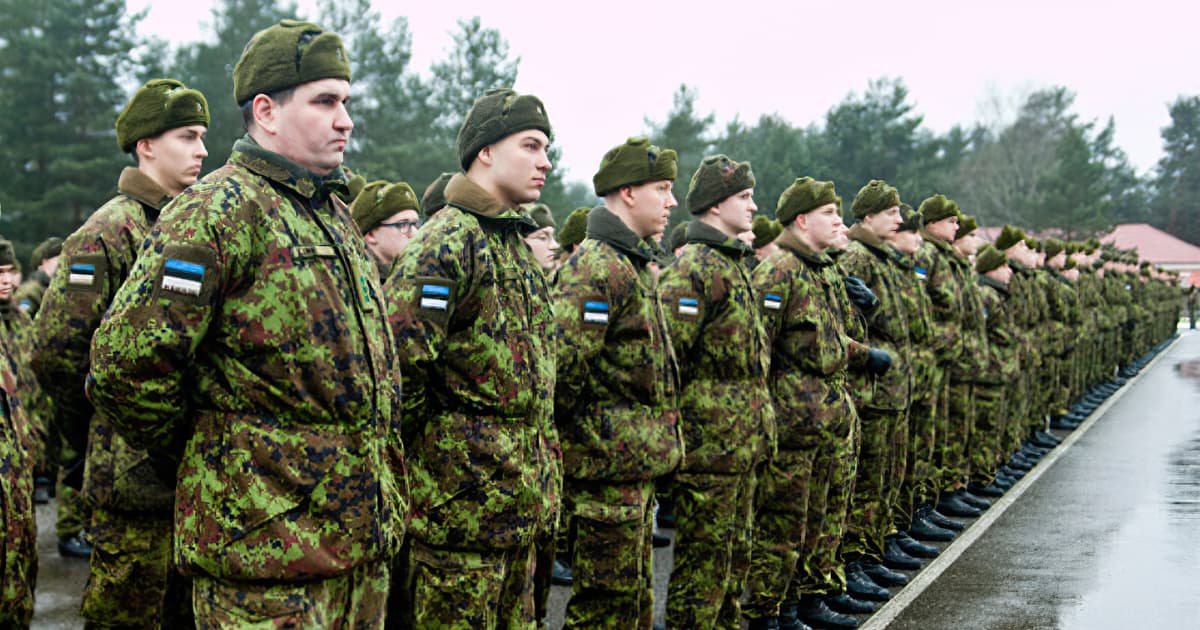Estonia Considers Sending Troops to Rear Jobs in Ukraine
13 May, 2024 Military of Estonia. Photo credits: Estonian Armed Forces Estonia is considering sending troops to Ukraine to help our country.
Madis Roll, National Security Advisor to the President of Estonia, spoke about this in his interview with Breaking Defense. Such a step would allow the Ukrainian Defense Forces to free up reserves that could be used in combat operations on the front line. Madis Roll said the executive branch is currently undertaking an analysis of the potential move, and though he said Estonia would prefer to make any such move as part of a full NATO mission.
"Discussions are ongoing," he said on May 10. "We should be looking at all the possibilities.
We shouldn't have our minds restricted as to what we can do."
He also emphasized that it's "not unthinkable" that NATO nations opposed to such a move would change their minds "as time goes on."
 Carl-Gustaf M4 grenade launcher of the Estonian Defense Forces. January 2023.
Carl-Gustaf M4 grenade launcher of the Estonian Defense Forces. January 2023.
Estonia. Photo credits: kaitseinvesteeringud
Roll's comments followed statements made by the Commander of the Estonian Defense Forces, Gen. Martin Herem, who informed Breaking Defense a week prior that there had been discussions within the military months ago about deploying troops to western Ukraine.
It regarded performing tasks such as medical services , logistics, or air defense. Back in February 2024, representatives of Estonia, as well as Lithuania and the Netherlands, actively discussed this possibility, emphasizing that it was primarily about auxiliary personnel who would conduct training, help establish processes, and do other work without being involved in combat operations.
 Estonian military
Estonian military
That is, NATO is already considering other possible scenarios for the potential use of its troops in Ukraine. As previously reported, French President Emmanuel Macron was the first to speak about the possibility of sending his military to Ukraine.
He noted that there are currently no specific plans to deploy troops, but emphasized that such a possibility should be part of a policy of strategic ambiguity to show Russia that Western countries are ready to take decisive action.